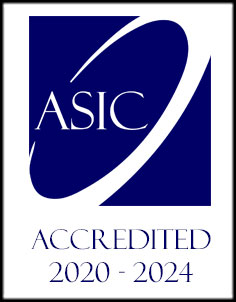Course Overview
This course will provide those involved in economic policymaking with a clear understanding of how to create comprehensive, sustainable and effective plans for economic development. Interactive learning will enhance participants’ knowledge of key issues in economic development, such as the role of finance in growth and development and the formulation and adoption of policies to contribute to meeting key goals in the UN post-2015 agenda.
By examining relevant case studies and engaging with leading specialists, participants will leave equipped with the necessary skills and knowledge to challenge common economic understanding, contributing to enhanced economic development.
A comprehensive analysis of the principles and processes behind sustainable economic development will be provided, with subjects to be discussed including:
The relationship between inequality and economic development
- Post 2015 – the UN’s Sustainable Development Goals
- Bottom-up approaches to economic development
- Development, growth and the post-colonial world since 1950
- Agricultural economic development
- Regulatory frameworks for economic development
- Infrastructure projects and development
Experts in the field will lead this training through interactive workshops, lectures and best practice case studies, fostering innovation, creative learning and networking amongst peers.
Learning Outcomes
By the end of the course the participants will be able to:
- Formulate plans to challenge inequality through economic development
- Lead impact assessments to assess projects and policies and learn from mistakes
- Apply the key principles of international frameworks to economic planning
- Examine the role of agriculture, natural resources and technology in development
- Analyse, enhance and evaluate performance
- Find the balance between regulatory frameworks and economic development

